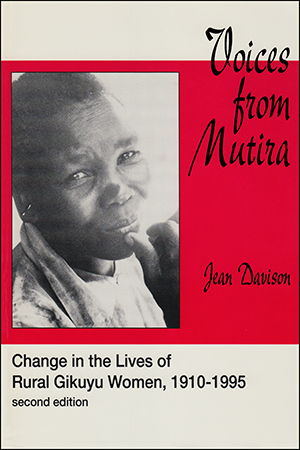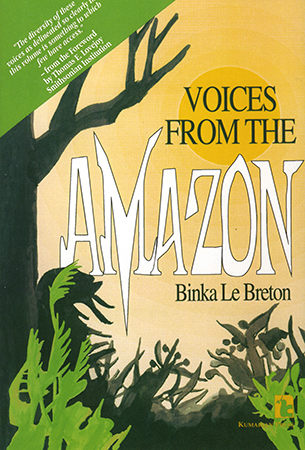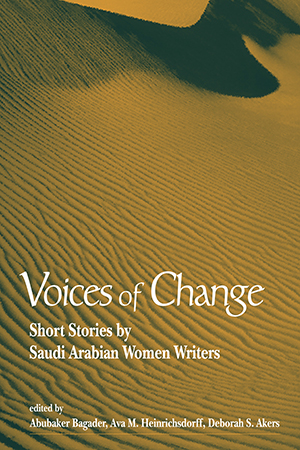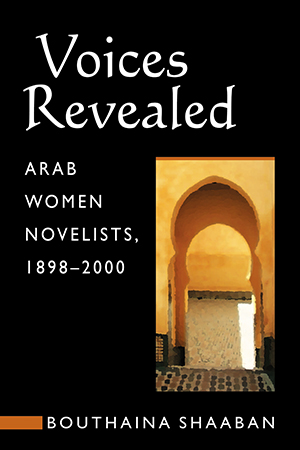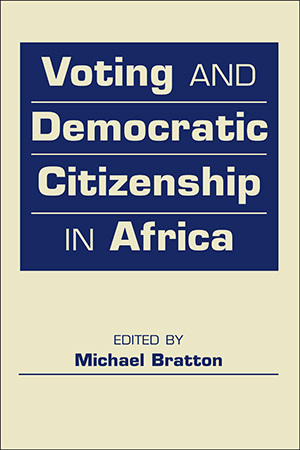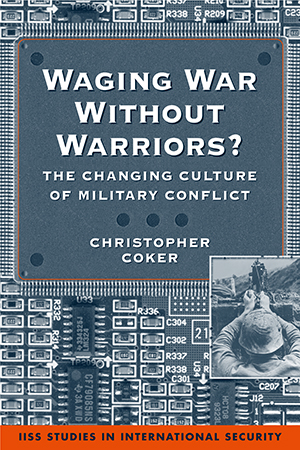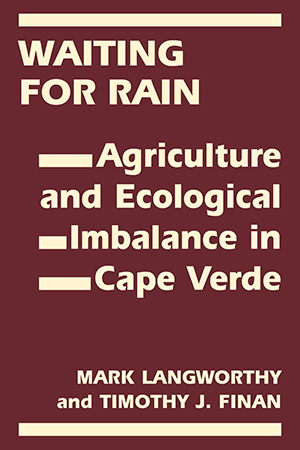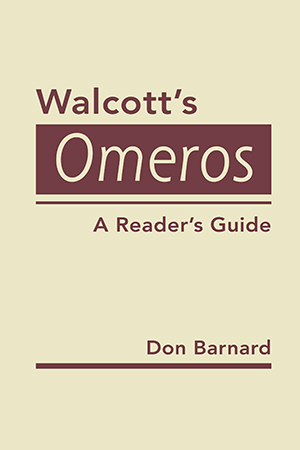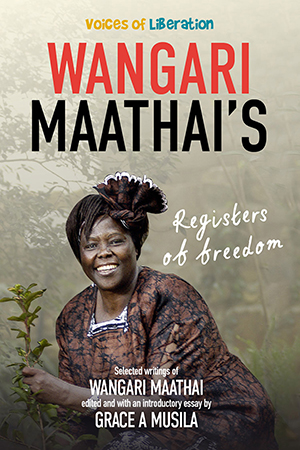BOOKS
To update this rich, informative collection of life histories, Davison returned to Mutira in 1989, 1992, and 1994, documenting the changes occurring since her 1984 study. Six of the seven More >
Through jungle and razed landscapes, Binka Le Breton journeyed more than 3,000 miles by bus, truck, boat, and on foot to record the candid words of the people who make the Brazilian Amazon More >
Poignant and thought-provoking, this anthology offers a representative selection from the past three decades of works by the best-known women writers in Saudi Arabia. The authors’ More >
Spanning more than a century, this systematic study brings to the forefront a dazzling array of novels by Arab women writers. Bouthaina Shaaban's analysis ranges from the work of More >
How do individual Africans view competitive elections? How do they behave at election time? What are the implications of new forms of popular participation for citizenship and democracy? More >
"The sinews of war," posited Cicero, "are infinite money." Can the same be said of security? Tackling this thought-provoking question, the authors of Waging War with Gold More >
In the past, posits Christopher Coker, wars were all-encompassing; they were a test not only of individual bravery, but of an entire community's will to survive. In the West today, in More >
This ethnographic study of Cape Verde tackles critical development issues: the struggle for self–sufficient food security, the tension between agricultural production and natural More >
Don Barnard's reader's guide plumbs the richness, subtlety, and power of Derek Walcott’s Omeros. Barnard adeptly lays out the major themes of the work, explains More >
Wangari Maathai (1940-2011), founder of the Green Belt Movement and the first African woman to win the Nobel Peace Prize, was a tireless social, environmental, and political activist, as More >


